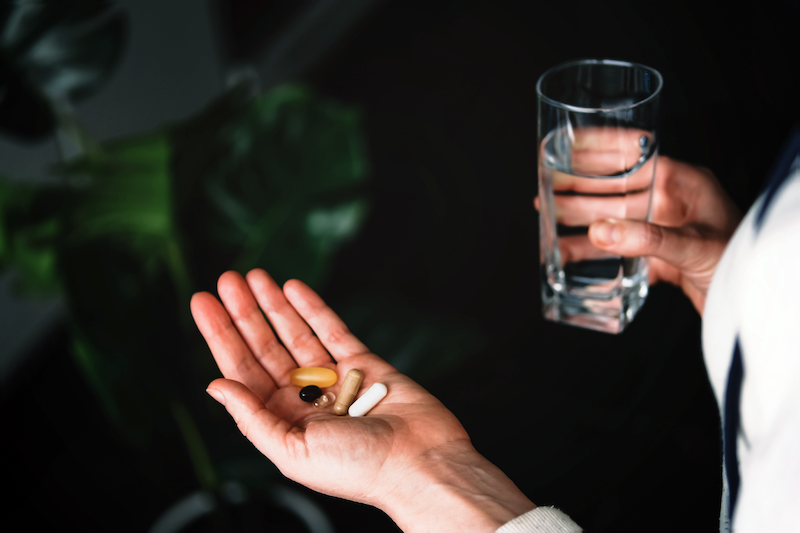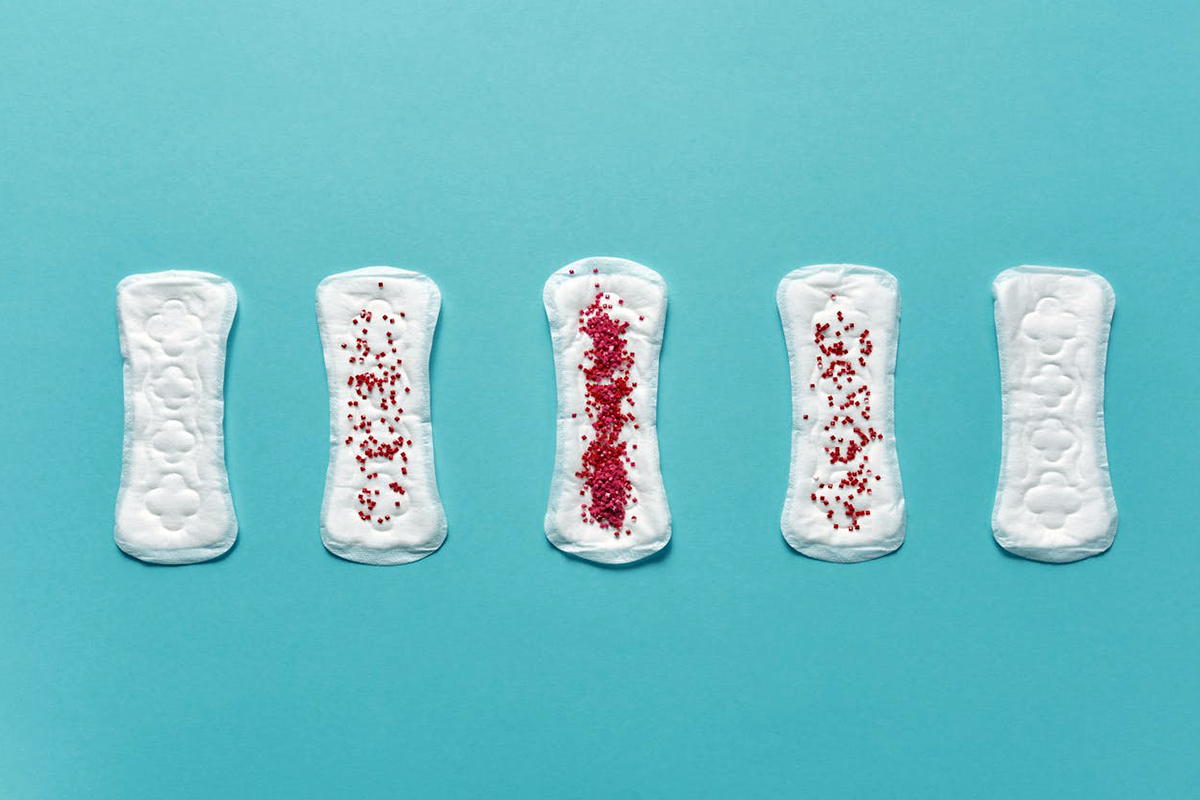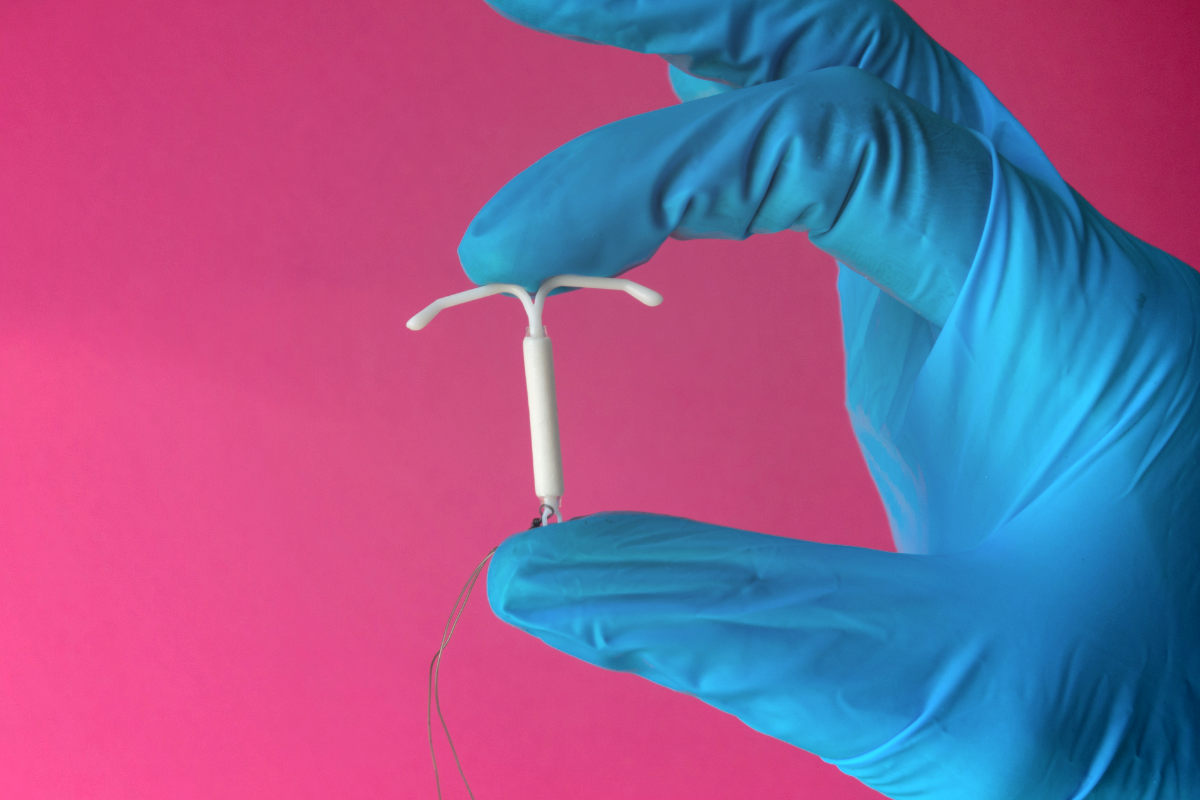I’ve heard about DHEA supplements helping to boost testosterone levels in women and thus relieving some symptoms of perimenopause. Are there any studies that back up this claim? If so, what should I be looking for in a DHEA supplement as far as dosage etc.?
—Late reproductive and in need of a boost
Dehydroepiandrosterone (DHEA) is a hormone produced in the adrenal gland in the pathway that converts cholesterol into steroid hormones like testosterone and cortisol. Our body produces DHEA at the highest levels in young adulthood, and then slowly over time DHEA levels decline.
As a result of this decline, researchers have been interested in the role DHEA plays in a number of different aging processes, including dementia, bone loss, and decreased sexual desire. The results regarding supplementing DHEA are mixed.

In a meta-analysis of randomized controlled trials that includes data from more than 1,200 women, those women taking DHEA had significantly higher levels of estrogen than women not taking DHEA. The effects were more evident in women over age 60 and in women taking 50 milligrams or more of DHEA daily. We know that estrogen affects bone health, so it makes sense that DHEA might lead indirectly to improved bone density. But direct evidence of DHEA improving bone health is harder to come by.
There is some evidence that DHEA supplementation improved sexual function in older premenopausal women who had the lowest scores on the female sexual function index. The same study showed that androgen levels — that is, levels of male hormones, including testosterone — increased in women taking DHEA.
Beyond this, there is not much evidence that DHEA is beneficial during the perimenopausal years. In a small meta-analysis of DHEA’s effects on dementia, DHEA was not found to be beneficial. However, all the studies included were in older adults, not in perimenopausal women.
As with all supplements, the results you get are only as good as the quality of your supplement. Supplements are regulated as food, not as medications. It is difficult to know if the supplement you buy at the pharmacy or on Amazon contains the amount of DHEA it says it does.
The takeaway: DHEA supplementation does increase estrogen and androgen levels in women, and these hormone increases may help with impaired sexual function in particular.
Community Guidelines















Log in